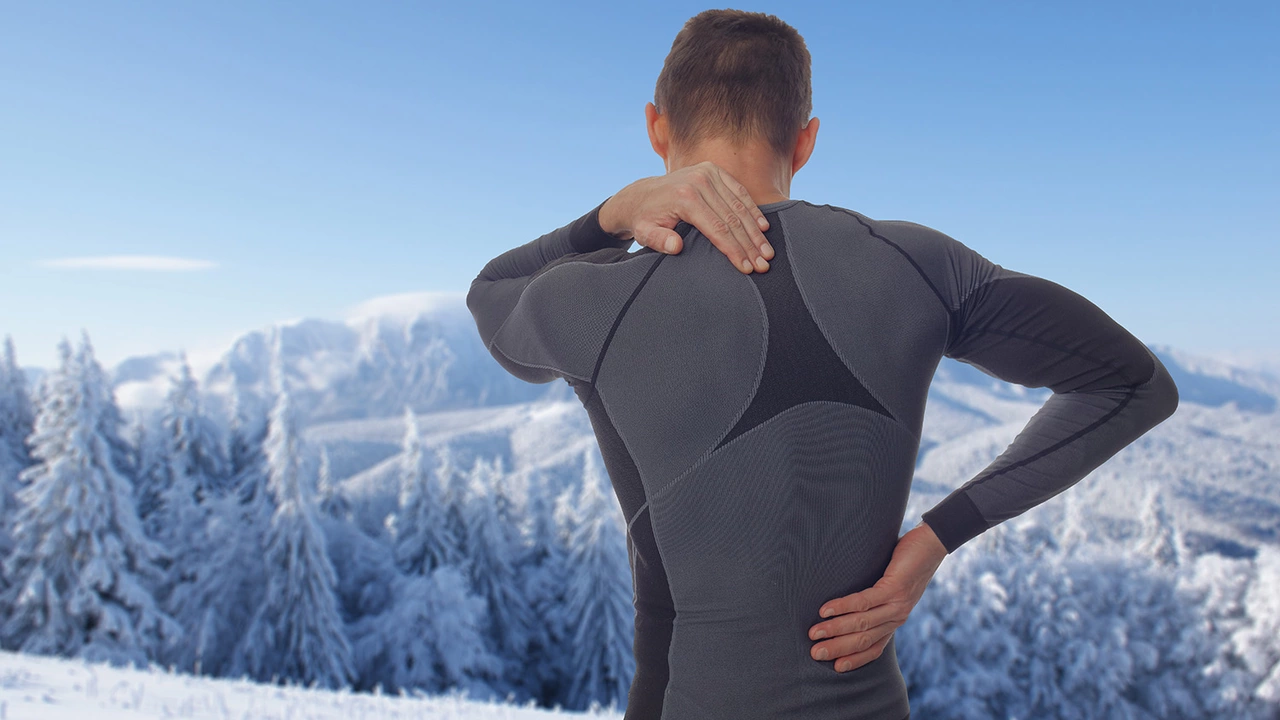Cold Weather Health Tips and Medication Advice
When the temperature drops, many of us feel the chill in our bones and notice how quickly colds spread. The good news is you don’t have to suffer – a few easy steps can keep you feeling better and make sure your meds stay potent. Below are real‑world tips you can start using today.
How Cold Affects Your Body
The body reacts to cold in predictable ways: blood vessels narrow, breathing gets shallow, and the immune system can get a little sluggish. That’s why you might find yourself coughing more or feeling extra tired after a day out in the snow. Simple habits like dressing in layers, staying hydrated, and moving around every hour help your circulation stay smooth and your defenses stay sharp.
Cold air also dries out the lining of your nose and throat, making it easier for viruses to stick around. Using a humidifier at home or taking short steam showers adds moisture back into the air, which reduces irritation and can cut down on sneezing fits. Don’t forget to protect exposed skin with a good moisturizer – cracked skin is an open invitation for infection.
Keeping Medications Safe in Winter
Many medicines are temperature‑sensitive. Storing them in a warm car trunk or near a heating vent can break down the active ingredients, leaving you with less effective treatment. Keep pills, liquids, and creams in a cool, dry spot inside your home – a pantry away from direct sunlight works well.
If you travel often during winter, bring a small insulated bag for meds that need refrigeration, like certain insulin types or liquid antibiotics. A simple thermos pack with an ice pack can keep them stable for a day. Check expiration dates regularly; the cold can sometimes mask subtle changes in color or texture that signal a problem.
Another common issue is forgetting to take meds when days feel shorter. Set phone reminders or use a pill organizer with day‑of‑week compartments. Pair your medication routine with another daily habit, like brushing teeth, so you won’t miss a dose even if the morning feels sluggish.
Beyond storage, be aware of how cold weather can affect dosage needs. For example, people with asthma often need to adjust inhaler use because cold air triggers bronchospasms. If you notice your symptoms worsening, talk to a pharmacist or doctor before making any changes on your own.
Lastly, keep an eye on over‑the‑counter cold remedies. Decongestants can raise blood pressure, which may already be higher in winter due to the body’s effort to stay warm. Choose products with clear labeling and avoid mixing several cold medicines at once – a single effective option is usually enough.
Staying healthy during chilly months doesn’t require fancy gadgets or expensive supplements. Layer up, hydrate, moisturize, store meds properly, and listen to your body’s signals. Follow these straightforward steps and you’ll beat the winter blues while keeping your treatments on point.

Hey buddies! You know how winter can sometimes be a real bladder bother? Well, I've got some cool tips (pun intended) to help manage bladder pain when the temperature drops. Get a load of this - staying hydrated, avoiding bladder irritants like caffeine, and keeping warm can actually help. You heard it right, folks. So, this winter, let's bid bladder blues adieu. Stay toasty, sip wisely and let's keep the 'pee'seful harmony going!
Read More